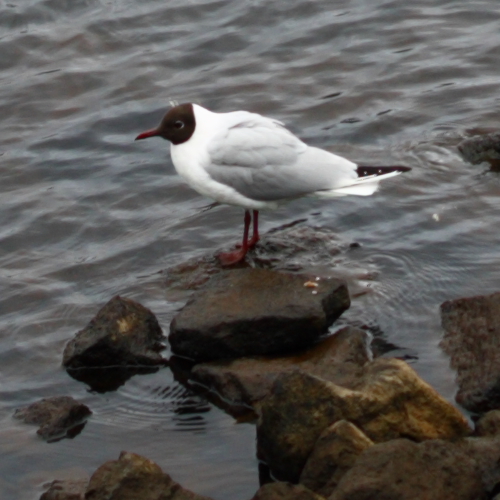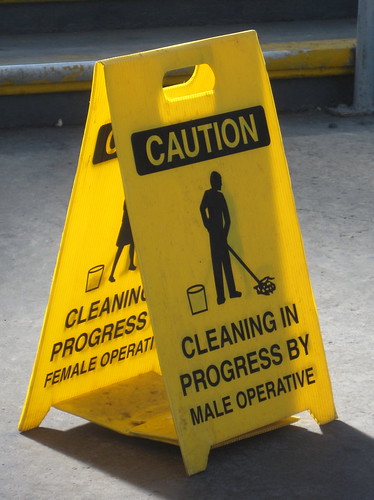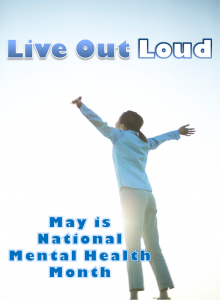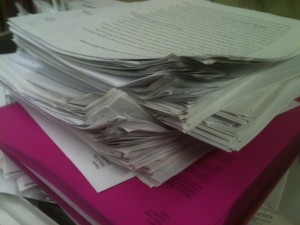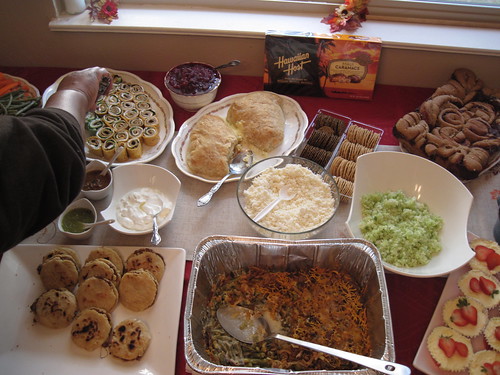“The social pressure on people of color to keep the peace, not get mad, just make sure everyone keeps having a nice time — even when we hear these remarks in public, at our workplaces and schools, in our own homes and from our friends’ mouths — can be overwhelming, bearing down on us in so many situations we do not see coming and therefore cannot avoid. What does our dignity matter, what do our feelings amount to, when we could embarrass white people we care about? When our white relatives or friends or colleagues might experience a moment’s discomfort, anxiety, or guilt?”
– Nicole Chung, The Toast

When I read The Toast managing editor Nicole Chung’s hoilday-dinner-racism piece What Goes Through Your Mind: On Nice Parties and Casual Racism last week, I was especially struck by how well she articulated what seems to have been the central tenet of my childhood instructions: Be Nice, Make Nice, Don’t Rock The Boat, Ever. I concluded this past summer that these concepts were at the core of why my father was so hard on us growing up. Nicole wrote of her humiliated non-response to the situation in a way that resonated strongly with me, as she spoke about the tremendous residue this leaves, the immense pressure to keep things light, pleasant, and inoffensive for others who might be upset by our defending ourselves, or pointing out offensiveness. However, many readers were troubled by her response.
This morning when NPR’s Leah Donnella mentioned Chung’s piece in a CodeSwitch report on housing segregation and the legacy of everyday racial history in the U.S., she added her own experiences:
Reading Chung’s piece reminded me of a potluck I was at in Philadelphia last summer with my then-boyfriend, who is white, and his crew of white friends. I had gotten back from the beach a few days earlier and was several shades darker than usual. Everyone was busy gossiping about their summer adventures when one guy turned to me and asked, “So, did he realize you were black when he started dating you?”
In that moment, my instinct was to say something snarky (“Did he realize you were a doofus when he became your friend?”). But like Chung, I didn’t want to ruin a good time. So I laughed, poured myself a drink, and let everyone move on.
– Leah Donnella, NPR “CodeSwitch”
Because Tech Boy is white, and I am not, we frequently have discussions about this type of thing. When I shared the CodeSwitch piece with him, he said, “You know, this business of not making people uncomfortable? White people need to pick up the baton on that one. White people need to use their privilege to smack down the idiots, they’re too busy being ashamed, in those moments, of their whiteness. They need to do something.”
I agreed, of course, until he added, “Just a casual ‘Racist much?’ ought to do it.”
Them’s are fightin’ words. Calling someone a racist in a social situation, even as the person with privilege, aims a loaded, evocative, defense-triggering word at a half-open conversational door… and slams it, locks it, and nails boards across it. At that point, the conversation is over.
I’ve seen it happen on social media, in conversations, around books and lately in kidlit publishing: the minute someone starts swinging the word “racist” is the moment the issue is obfuscated. Like a squid spewing ink so no one sees it disappear into a crack, telling a person in company that they’re a racist leaves the issue unclear. It’s like throwing up a bucket of ashes — everyone is stained, everyone is blinded, and everyone is shouting and flailing at cross-purposes for a bottle of eyewash. You might think you’re schooling someone, to coolly call them out, that you’re standing up proudly and throwing down as an ally. But if you have any hope of actually creating a teachable moment, of changing a perception or behavior and empowering change and not just counting up verbal blows – I would try another way.

I discussed this with friends who suggested questions as a good method of creating an opening. “The reporter could have said, ‘Do you think my boyfriend’s a racist, that my ethnicity would matter to him?’ or something like that,” one suggested. I might have even asked a more personal question, that if seeing the woman darker made the asker feel uncomfortable. That’s getting kind of messy, but then, I’m all about the deal-with-your-here-and-now Gestalt therapy approach when I’m defending someone.
“You know what,” another said, “if you were to write up a script & publish it out there, that would be nice. Just, Dear White Friends, When you hear some idiot being racist, please pick up the conversation and deal with it, because you’re operating from privilege whereas we of color cannot challenge because of x, y, and z. And then give a few examples of how to respond or to engage with people who’ve swallowed their feet. I think that would be a good contribution to the conversation.”
I kind of laughed, mainly because there’s already a Dear White People thing (website? book? movie?) which purports to inform people of how to behave toward people of color, and to my mind, those sorts of things only work conceptually. In reality, I am not the arbiter of race relations. Unlike Gee Dubya, I am not “The Decider” and should not be the one to set the narrative on interracial incidents. However, Teaching Tolerance has a lot of wisdom on the topic, and when I need to, I often check in with them.
Dr. Frances E. Kendall, author of Diversity in the Classroom and Understanding White Privilege: Creating Pathways to Authentic Relationships Across Race wrote a little piece called How To Be An Ally If You Are A Person With Privilege which others might find helpful.
Finally, Alternet has “11 Things White People Can Do To Be Real Anti-Racist Allies.”
The thing is, somebody needs to say something, but most of the time, none of us knows the right thing to say, and we’re so afraid of saying the wrong thing that we sit in shame – and say nothing at all. Which, especially if we’re a person of privilege, is just not ideal. Nobody has all the answers – and certainly no one person of any underrepresented group speaks for everybody – but we each of us has the responsibility – and the honor – not to swoop in and save the day, but to speak up, in good faith, for someone when they cannot speak up and be heard for themselves. In doing so, we will each try to look at the world through the lens of our privilege and of an idealized equality, and bring about more truly the dream of a just world. WE WILL SCREW UP, probably publicly. If we are wise, we will own it, apologize, listen better, and learn. And couldn’t we all benefit from that.
